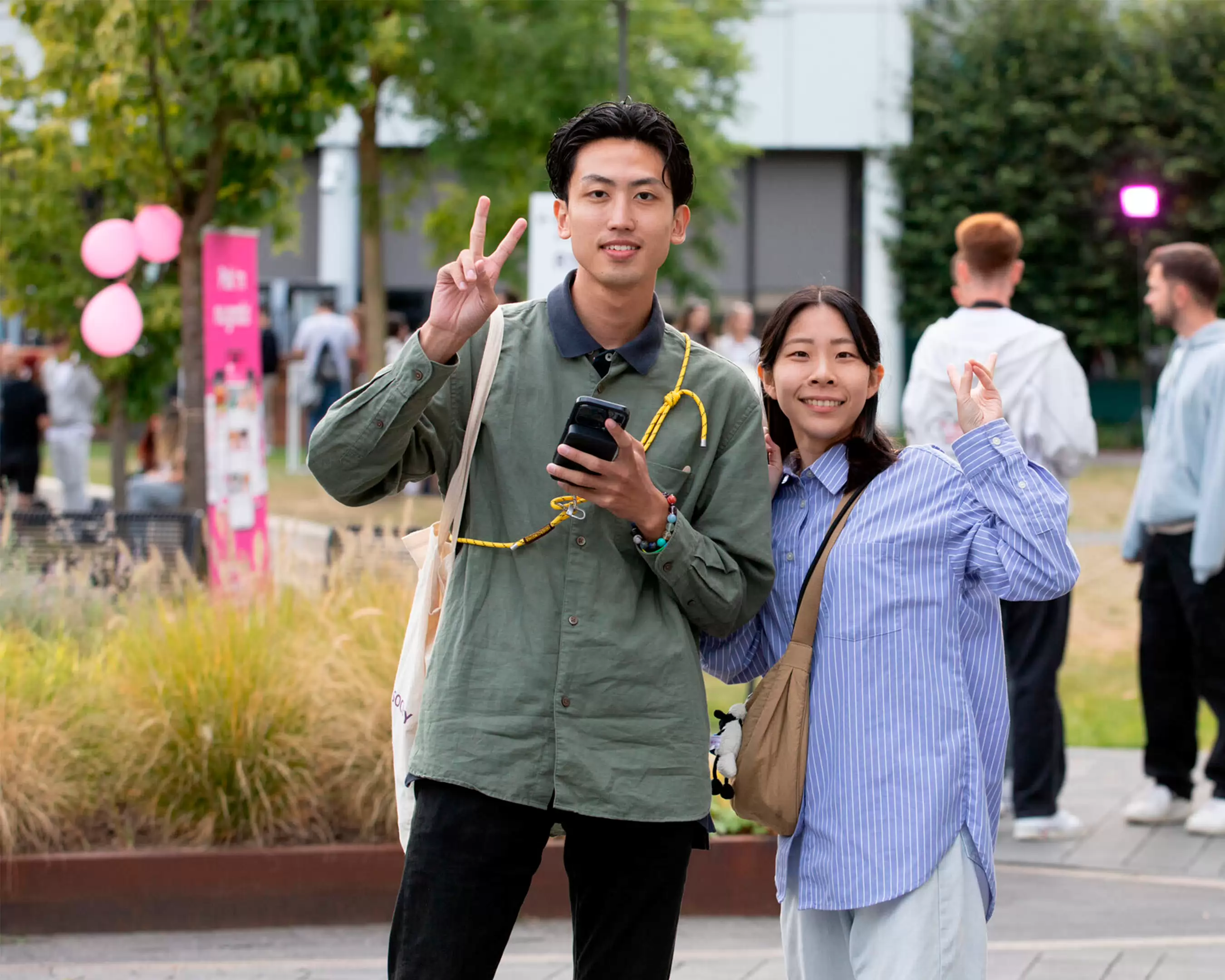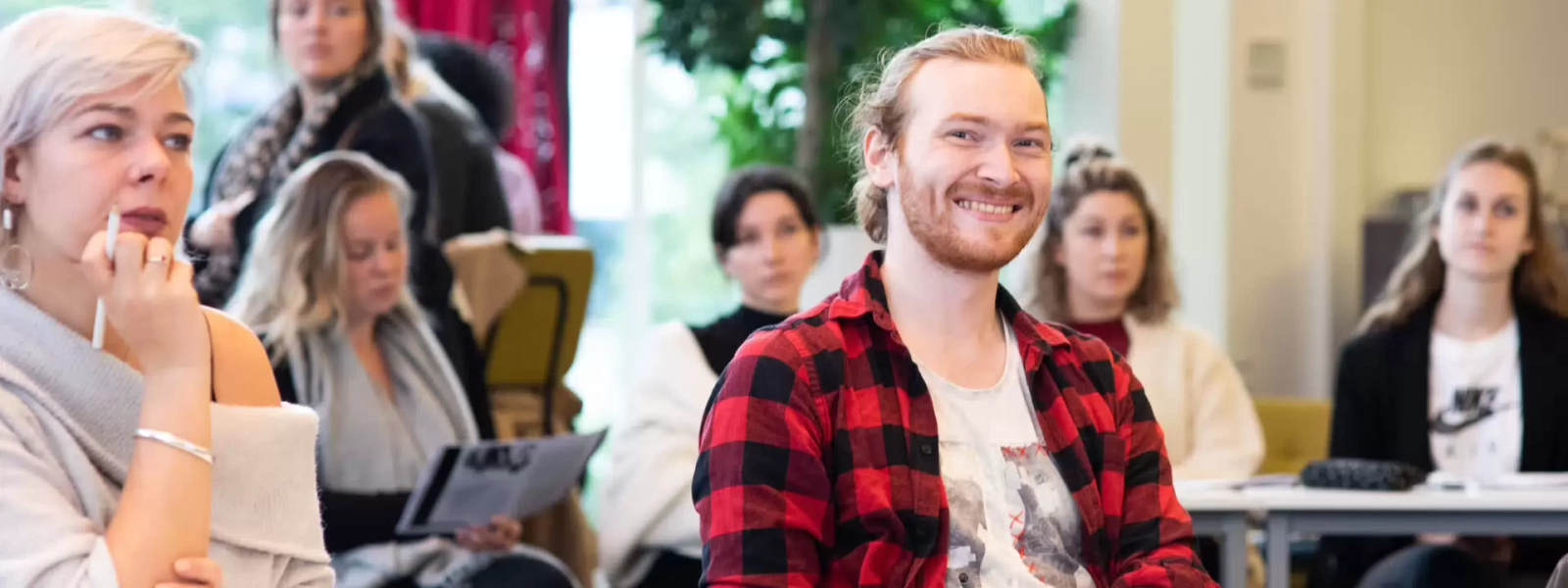

Global Development Issues
- Starts February and September
- English
- 30 ECTS
- 5 months
About this minor
In this minor, you will explore global development issues through practical examples and theories. You will do this through your own field of study. You will also look at the different dimensions that shape our world and the influence of different cultures. You will then apply your new knowledge during an exciting six-week internship in a development project abroad. In short, you will become a professional ready to take on challenges around the world!
Why the minor Global Development Issues?
- You become familiar with current development issues;
- You study other cultures, but you also get to know your own culture better;
- You think about what is fair and just in this world;
- You will do an internship in an international environment, possibly abroad.
More about the minor
You will learn to understand international development issues through theory and practical examples. You will put them into their cultural context and learn more about your own culture. You will also consider whether it is fair that the world is the way it is. You will complete your minor with a practice-based final project!
- You will learn about the world's problems;
- You will learn how to create and consider sustainable solutions;
- You will learn about fair distribution and different ideas of justice;
- You will learn how to work safely and well in another culture and contribute to small scale solutions.
For who?
We recommend a B2 level of English if you choose the English language programme.
How to apply for this minor
Apply for a minor that starts in September from 2 February until 1 July.
Apply for a minor that starts in February from 1 July until 15 December.
Not every minor starts in February and September, you will find the start dates at the top of the minor page
Minors can have a numerus fixus or fill up quickly, so make sure you make your choice in time!
- You can only take part in a minor if you are admitted to the post-propaedeutic phase (see Article 17 of the EER). If you are not yet admitted, you need permission from your programme’s Examination Board to join the minor.
Register here for one of our activities. This way you can be sure whether this is the minor for you! We hope to see you soon!
Practical information
A minor regulation informs you about what you will learn, how the assessment is structured, and when you have completed the minor. As a student, you can derive rights from the minor regulation.
Go to minor regulations ('25-'26) Go to minor regulations ('26-'27)

